- Home | Industry Update | Eu-india Collaboration Aims To Enhance Sustainability And Gr...
Eu-india Collaboration Aims To Enhance Sustainability And Growth In Textile Industry In India

A new €9 million (Rs855 million) EU grant will support projects across nine Indian states (Assam, Andhra Pradesh, Telangana, Uttarakhand, Uttar Pradesh, Odisha, Jharkhand, Bihar, and Haryana) designed to promote inclusive growth, resource efficiency, and sustainability within India’s textile industry, while simultaneously enhancing livelihoods and empowering women economically.
These initiatives will focus on diverse products, from natural dyes and bamboo crafts to handlooms, shawls, and traditional handicrafts and textiles, aiming to improve production processes, branding, and market access. A core objective across all projects is to enhance women's income opportunities and foster collaboration between artists, producers, civil society organizations, government institutions, and market stakeholders.
These projects will prioritize environmental sustainability by minimizing their impact on nature and promoting circularity and resource efficiency. Over the next three to five years, they are expected to directly benefit 35,000 individuals.
These projects will support 15,000 micro, small, and medium enterprises (MSMEs), 5,000 artisans, and 15,000 farmer-producers, with the aim of boosting local economies and industries, and particularly empowering approximately 200,000 women. India's textile and apparel sector, which employs over 45 million people (60% of whom are women), grapples with challenges like high emissions, energy and water consumption, and low recycling rates.
This collaboration builds on the EU's existing partnership with India on sustainability and circular economy principles, supporting the Ministry of Textiles' "Sustainable Bharat Mission for Textiles." Funded through the EU's Global Gateway Strategy, it complements the EU-India Resource Efficiency Circular Economy initiative, which is co-funded by Germany's BMUV, implemented by GIZ in partnership with India's Ministry of Environment, Forest, and Climate Change.
These projects, implemented through collaborations between government agencies and private sector partners, aim to preserve India's textile cultural heritage while fostering economic self-reliance through innovation, competitiveness, and improved market linkages. A Textiles' Toolkit, developed in partnership with GIZ, has also been launched to promote Circular Economy and Resource Efficiency within the sector.
05:53 PM, Feb 25
.webp)
Rising Tide of Rivalry Reshapes Bangladesh Path in EU Apparel Market
11:51 AM, Nov 17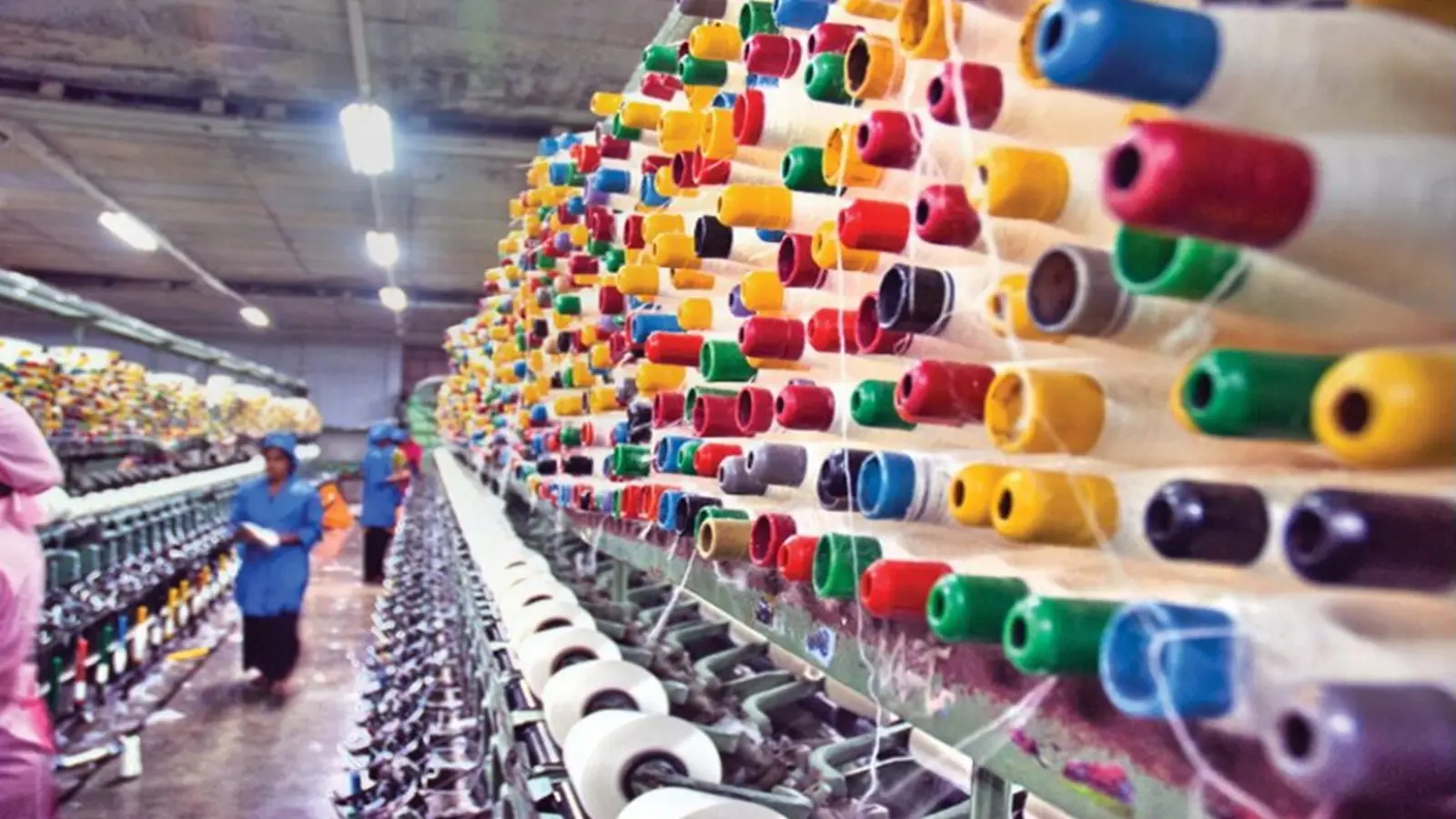
Industry Update

Indorama Ventures Pioneers Scalable Bio-Based PET Fibers for a Low-Carbon Textile Future...view more

Carrington Textiles Introduces Defence Stock Range for Faster Access to Military Fabrics...view more



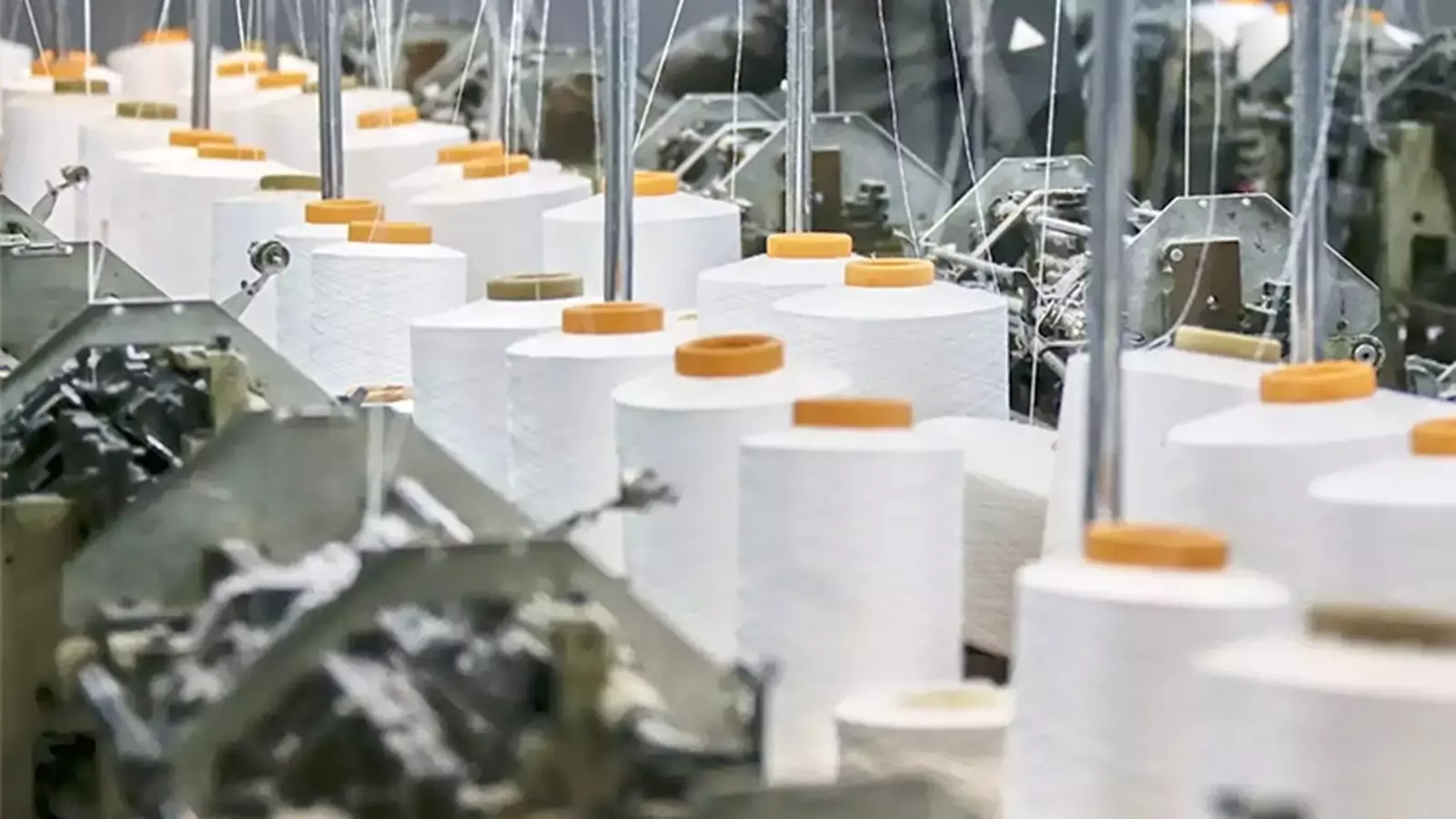
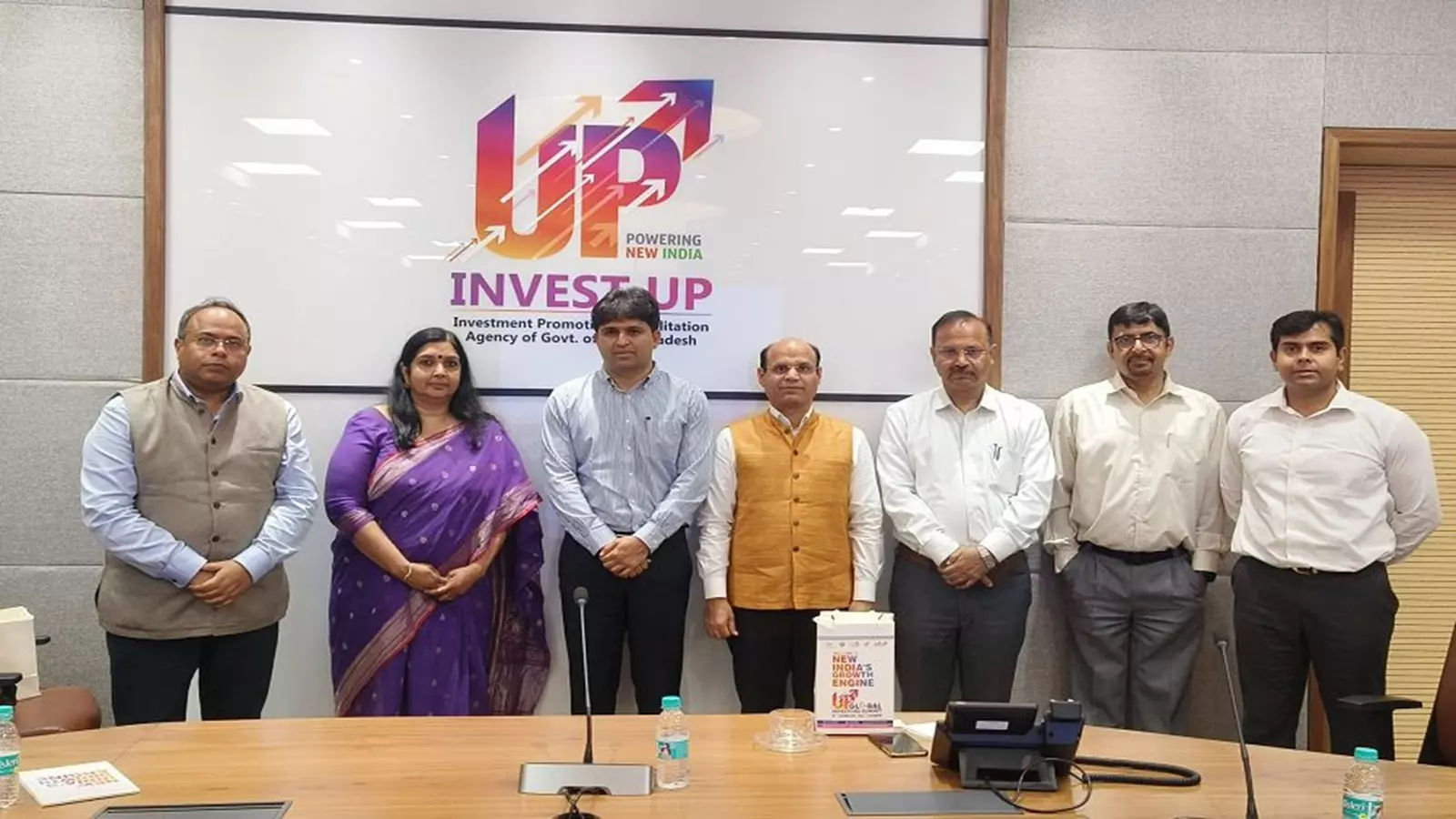
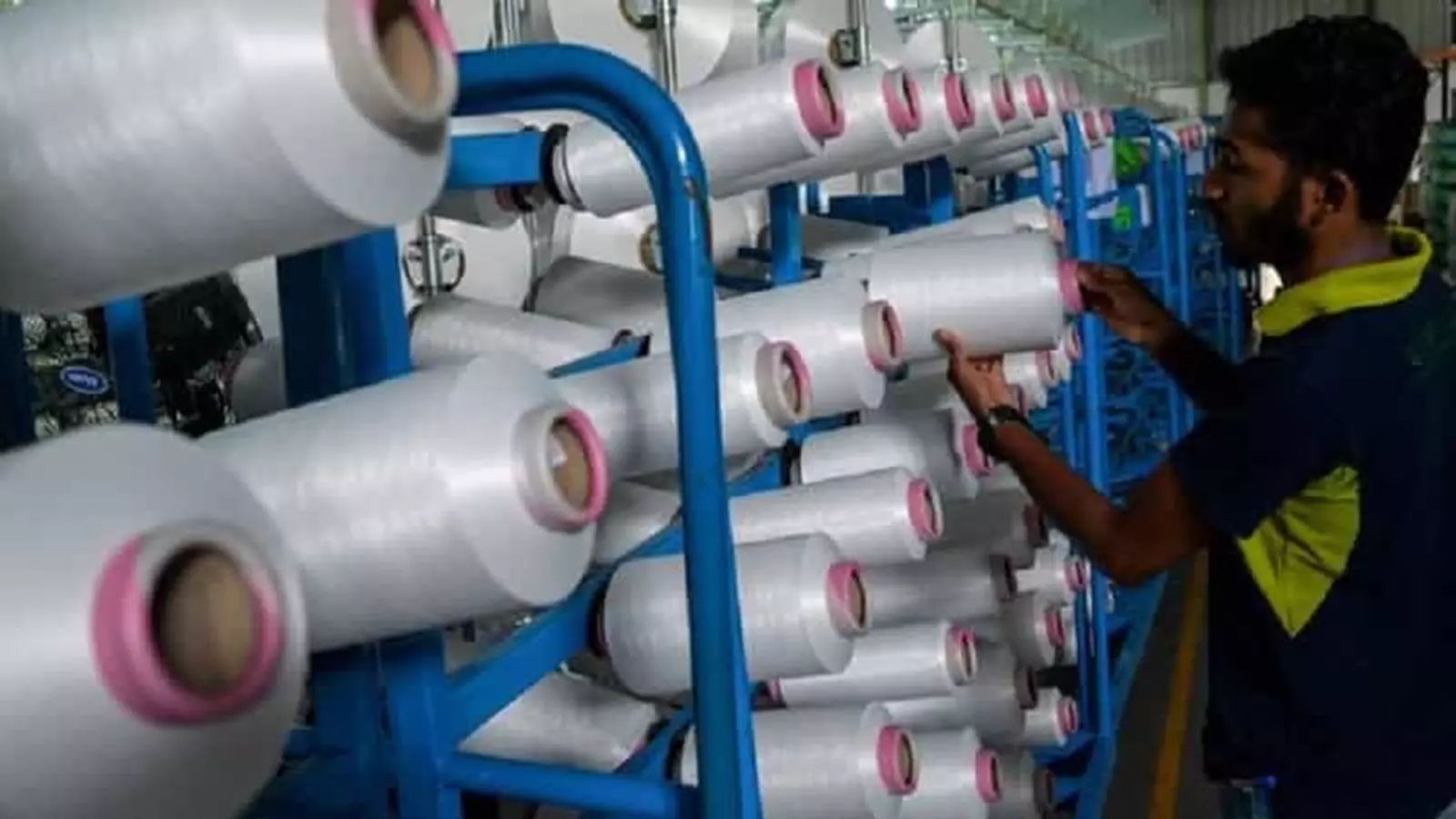
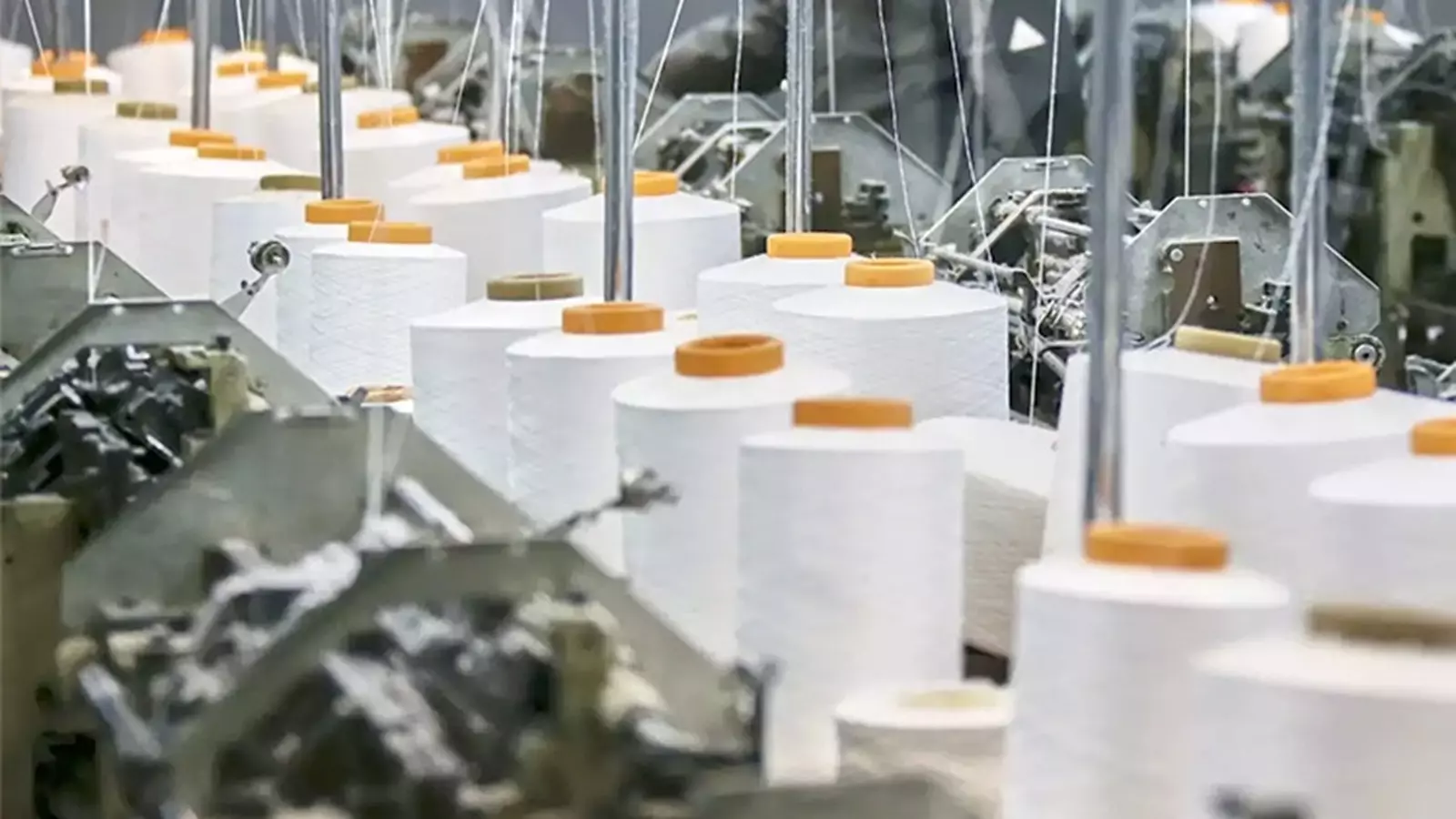
1.webp)
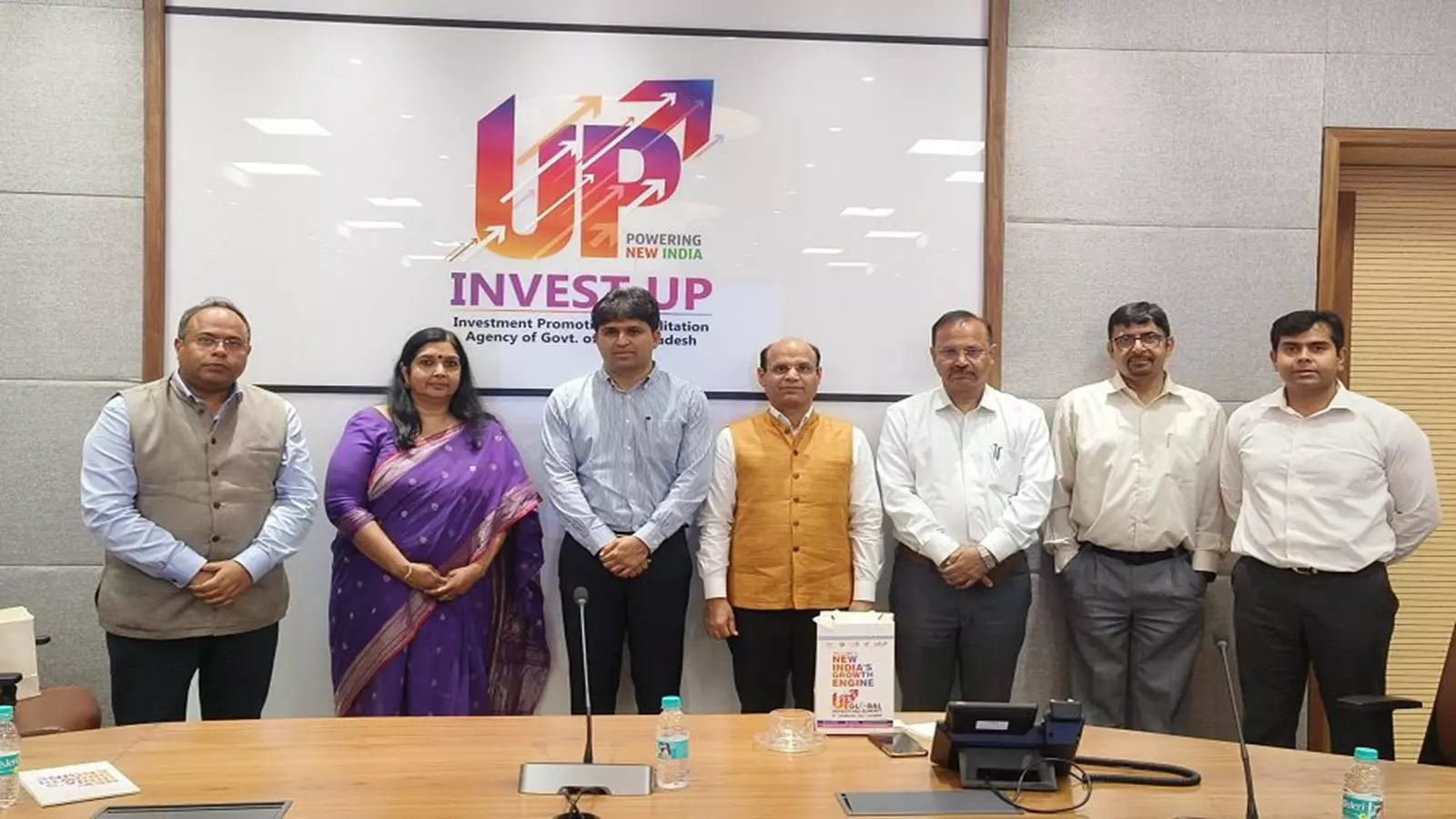
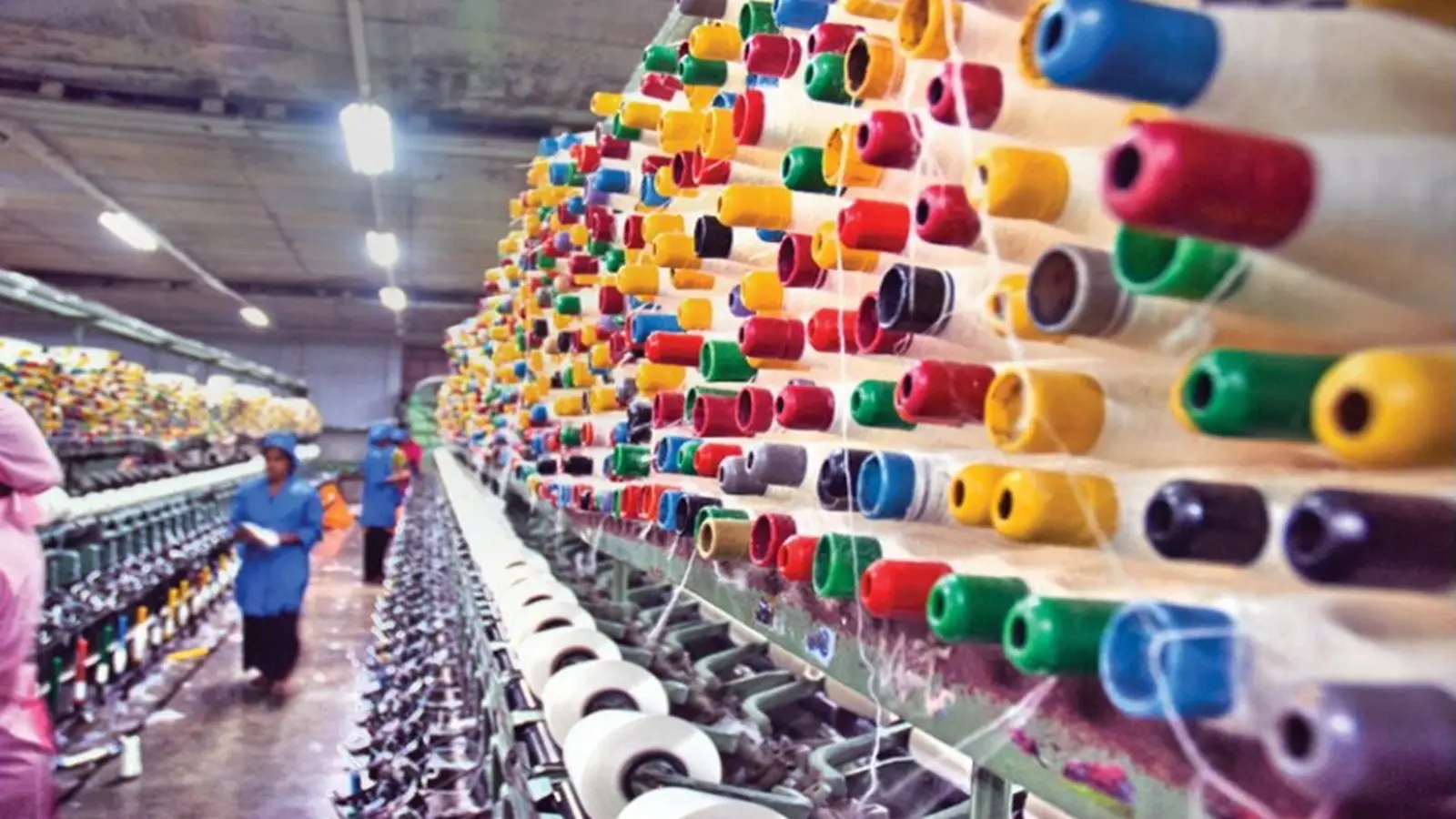
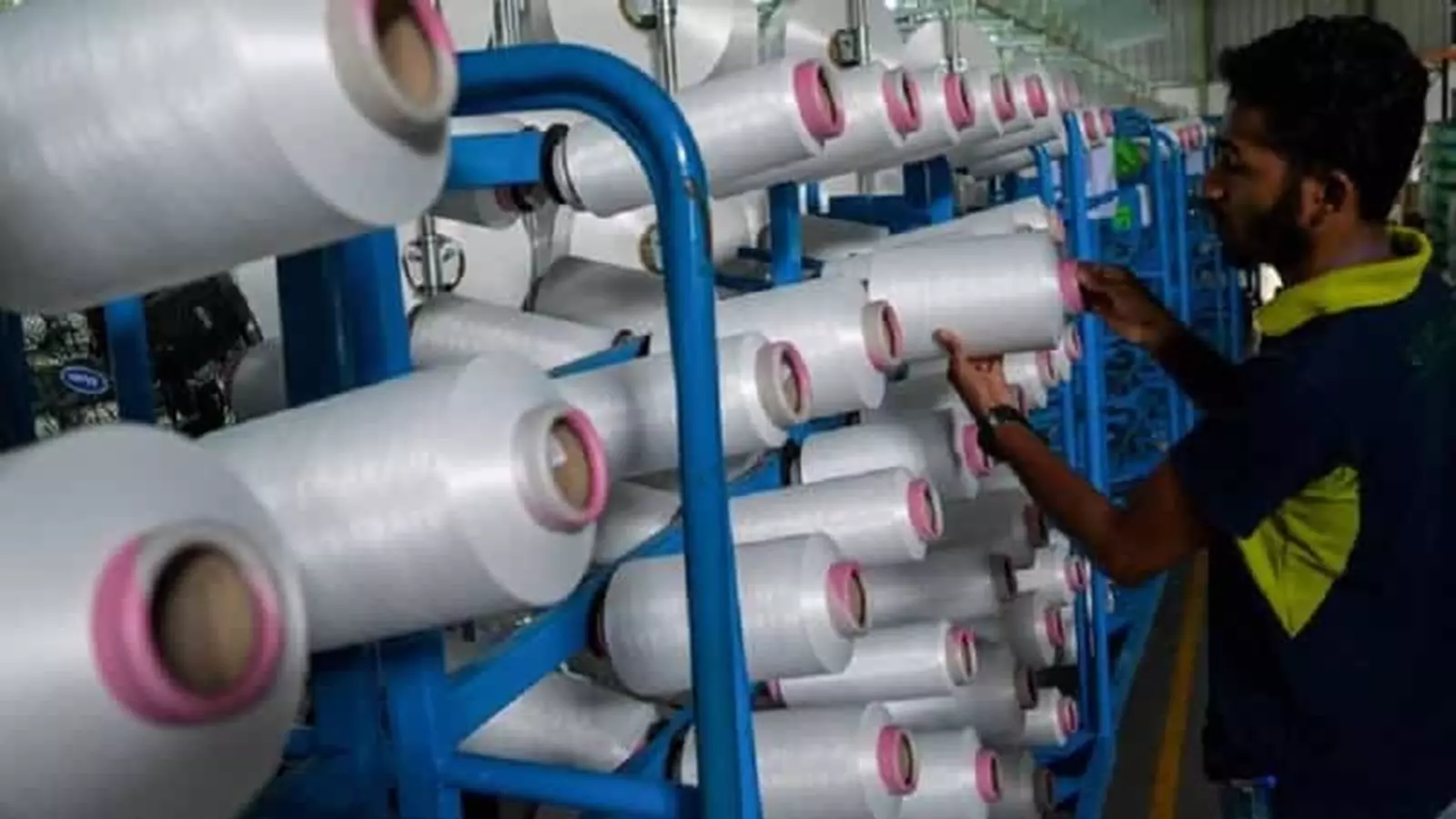

1.webp)



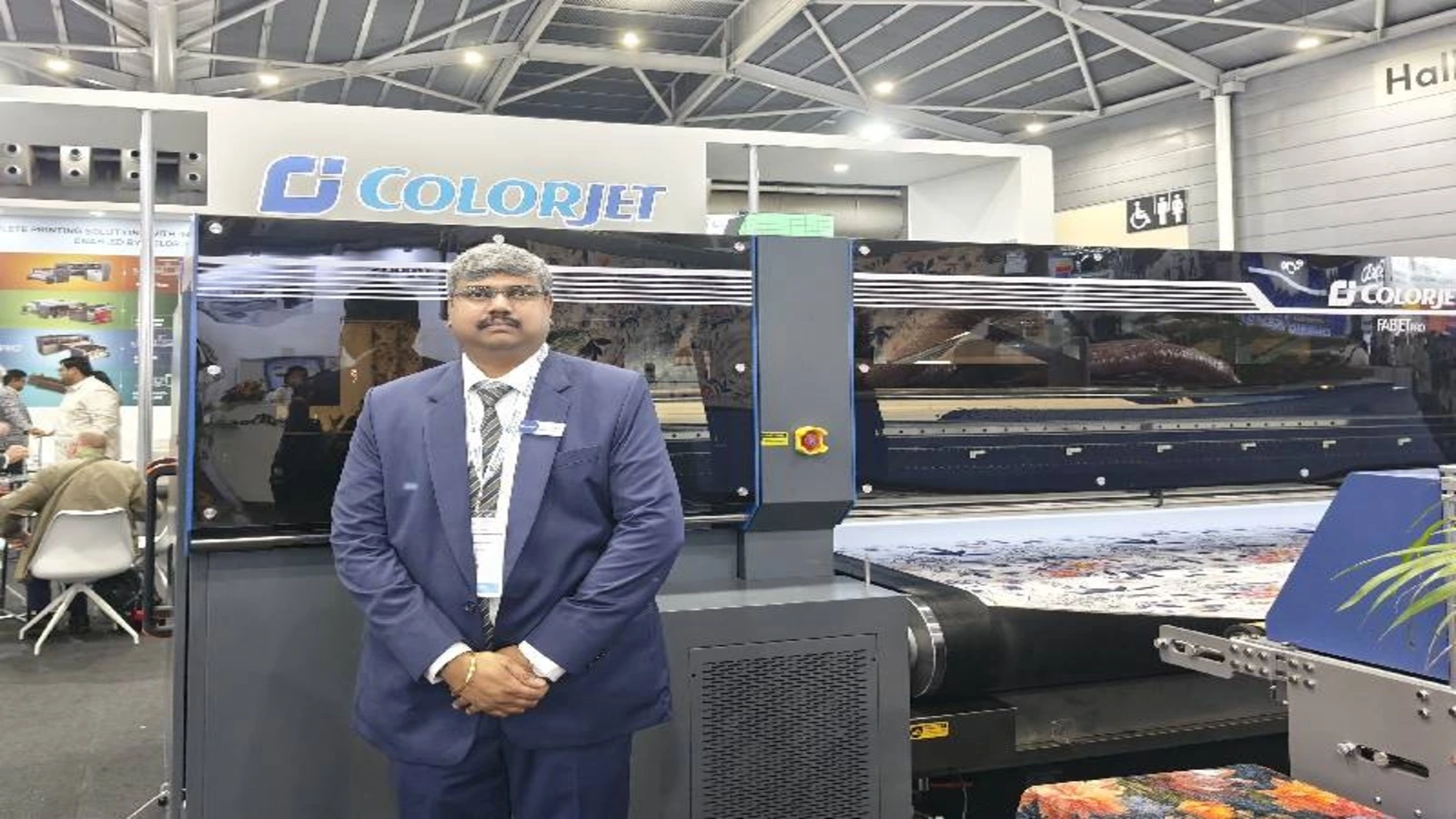








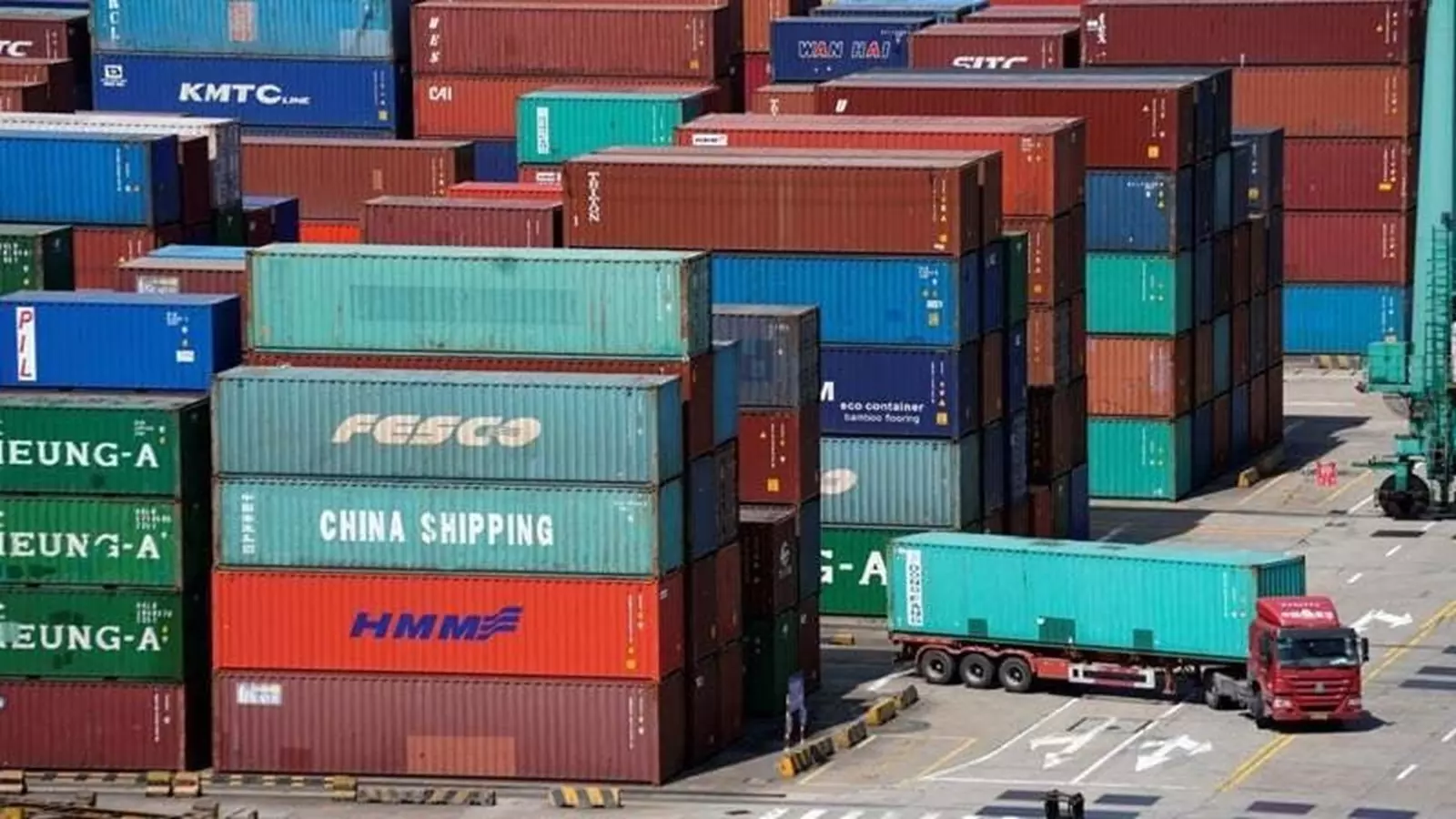

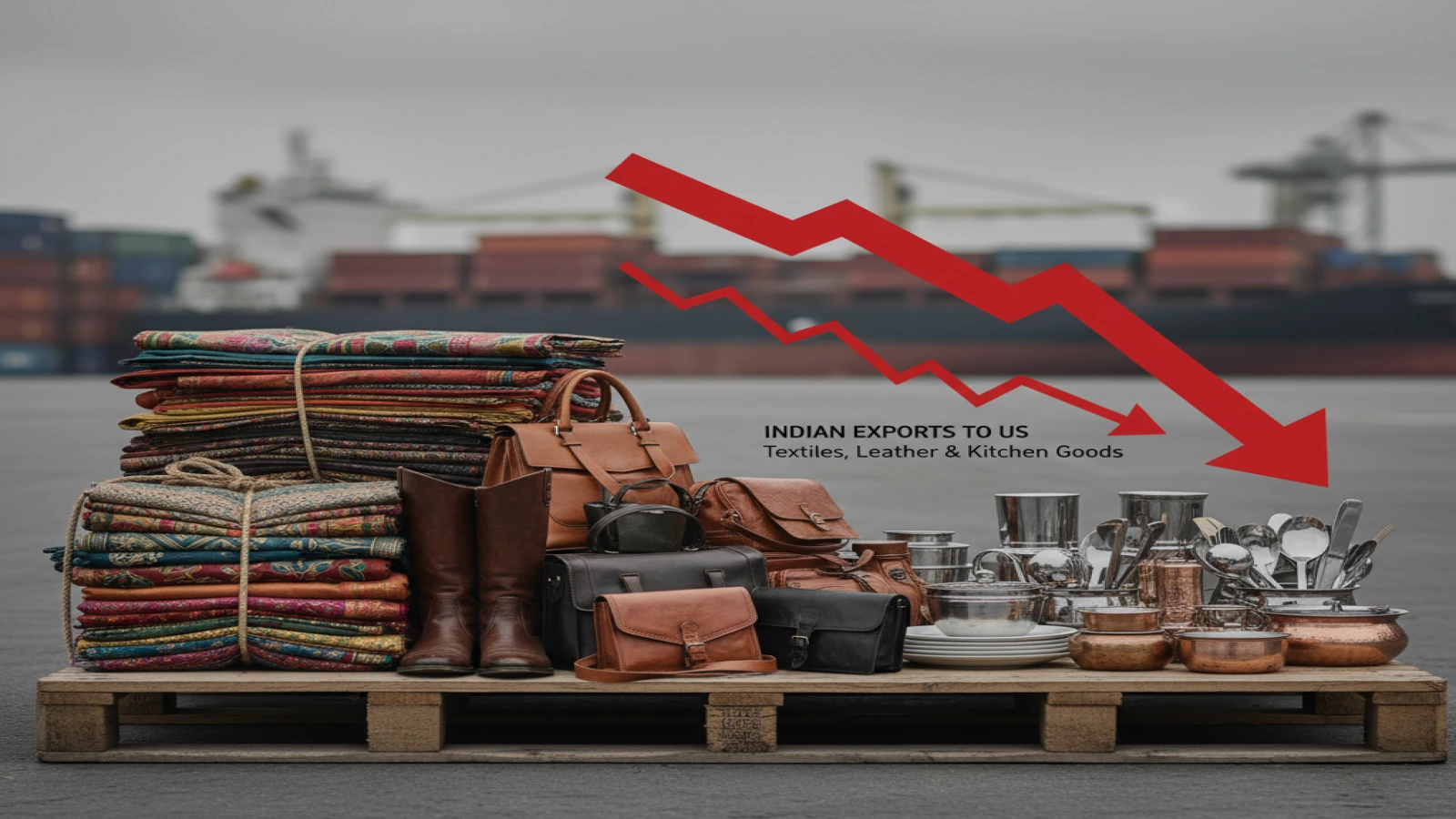
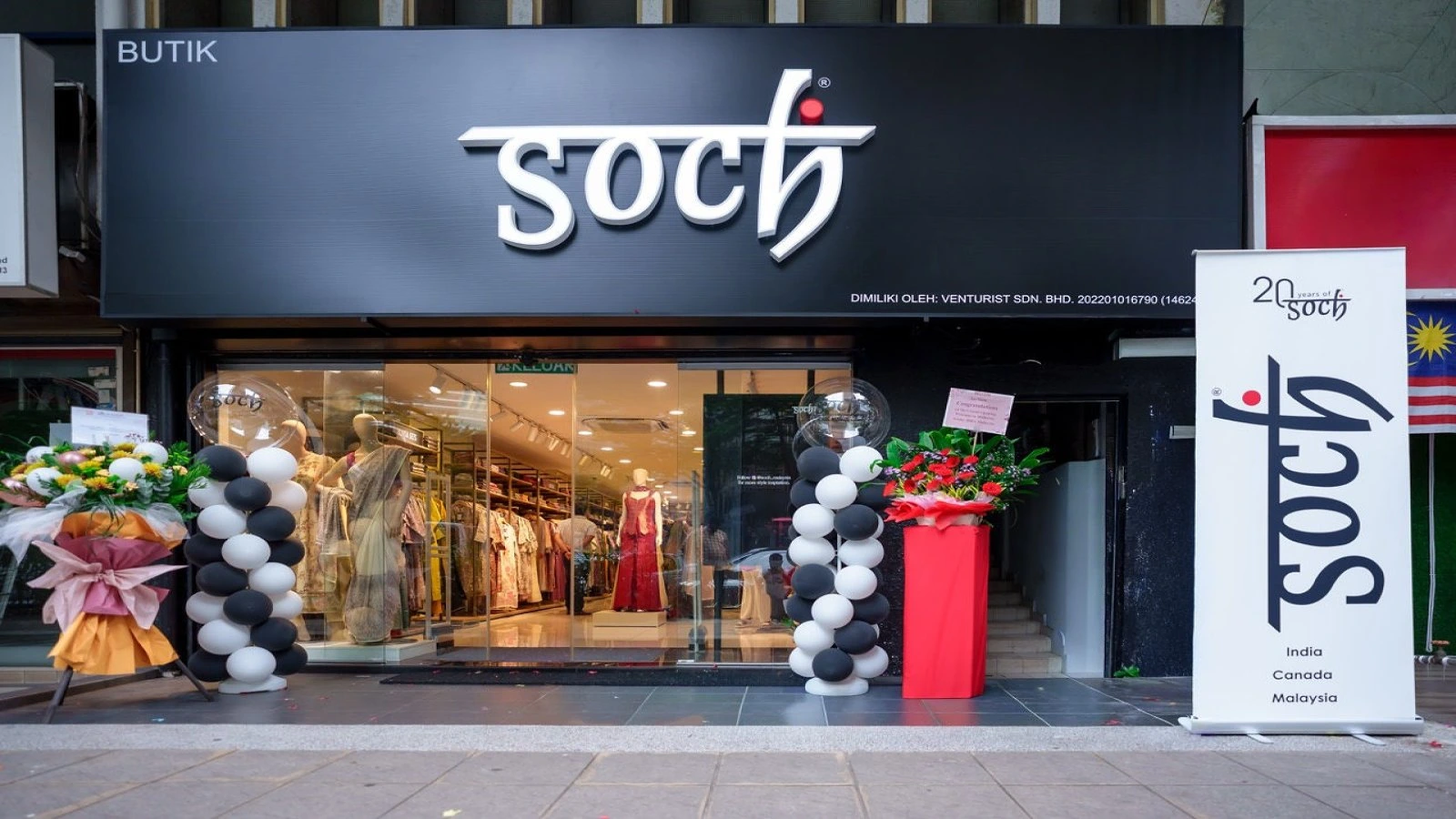
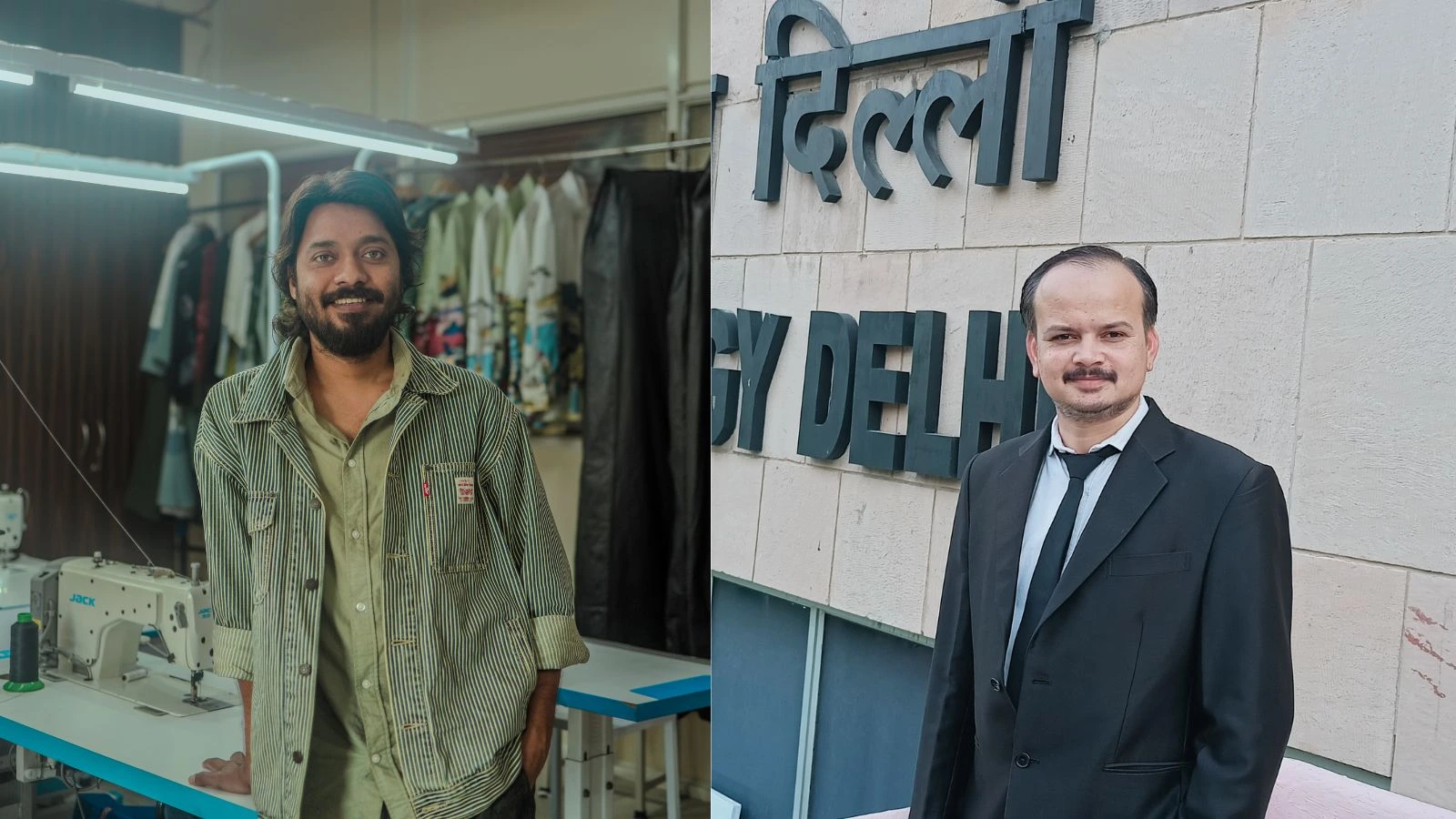

1.webp)
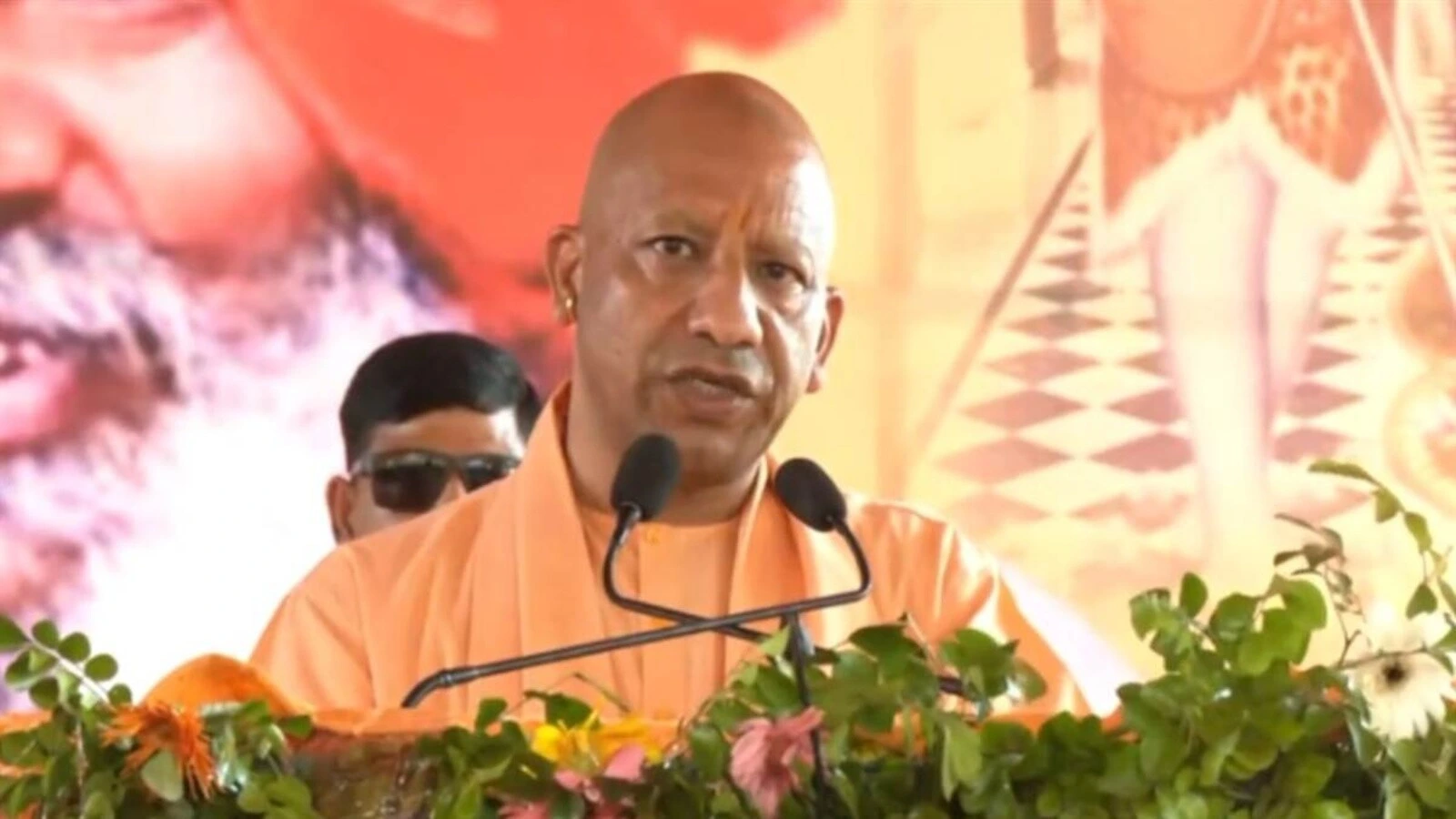
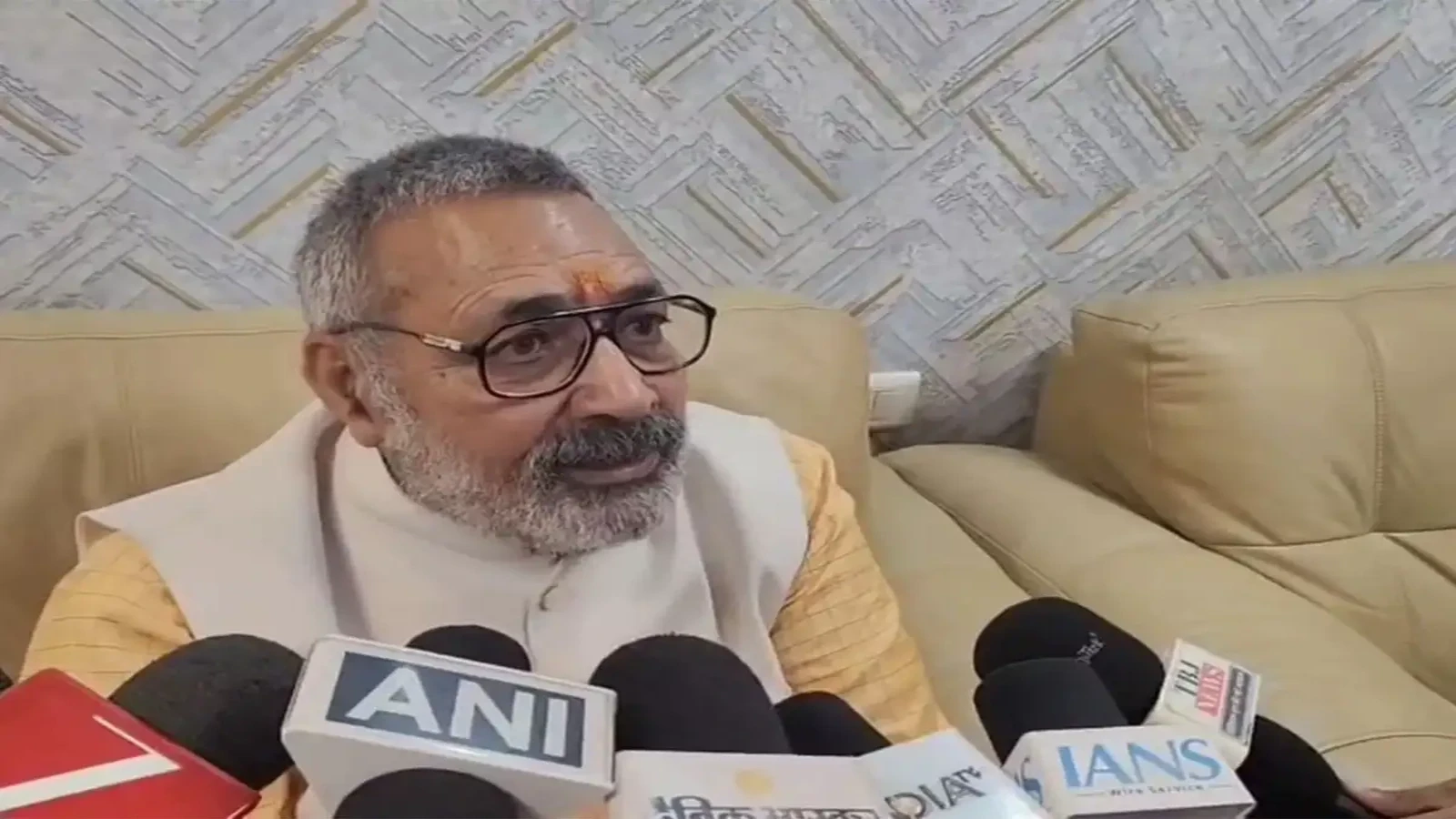

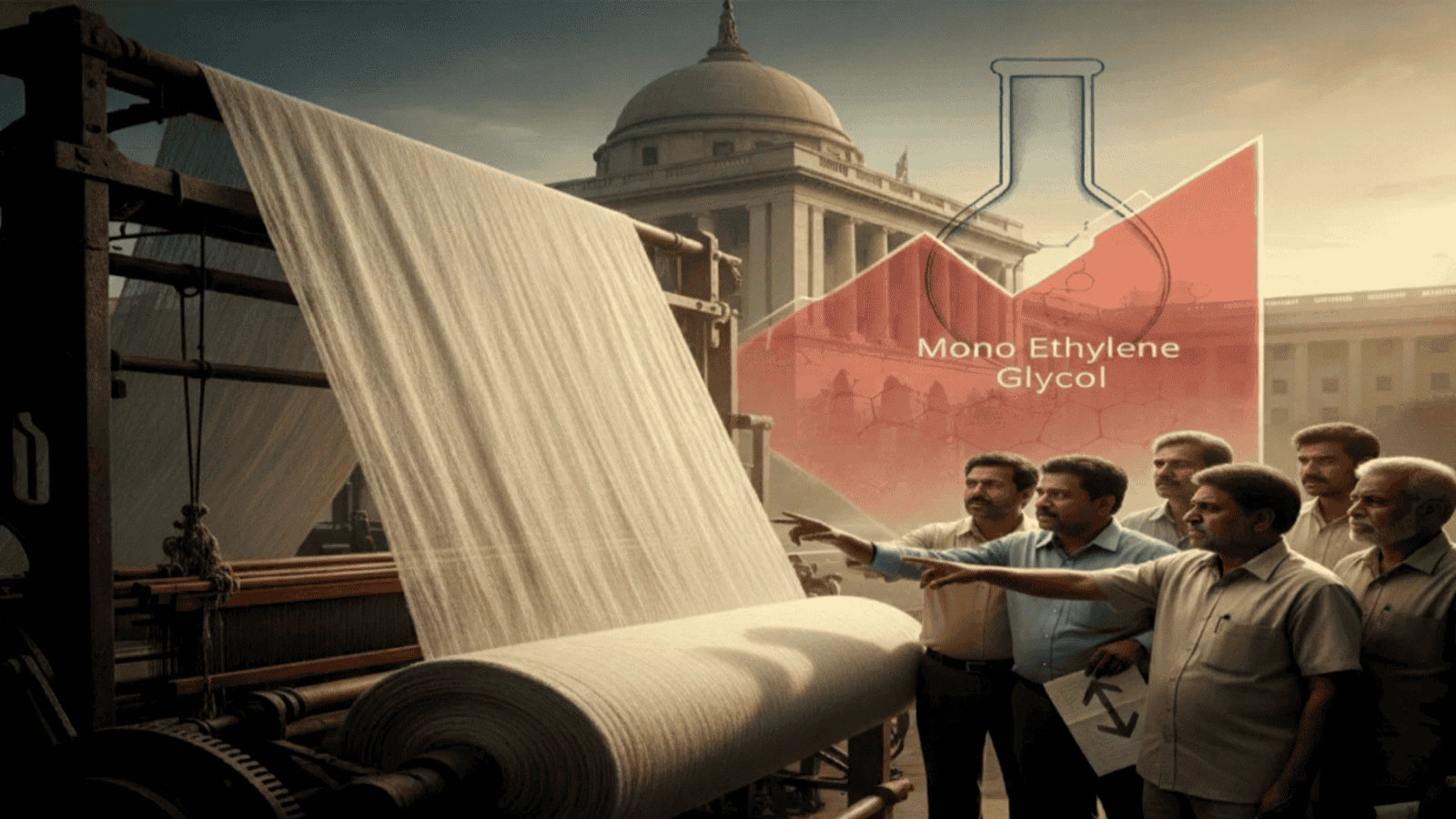


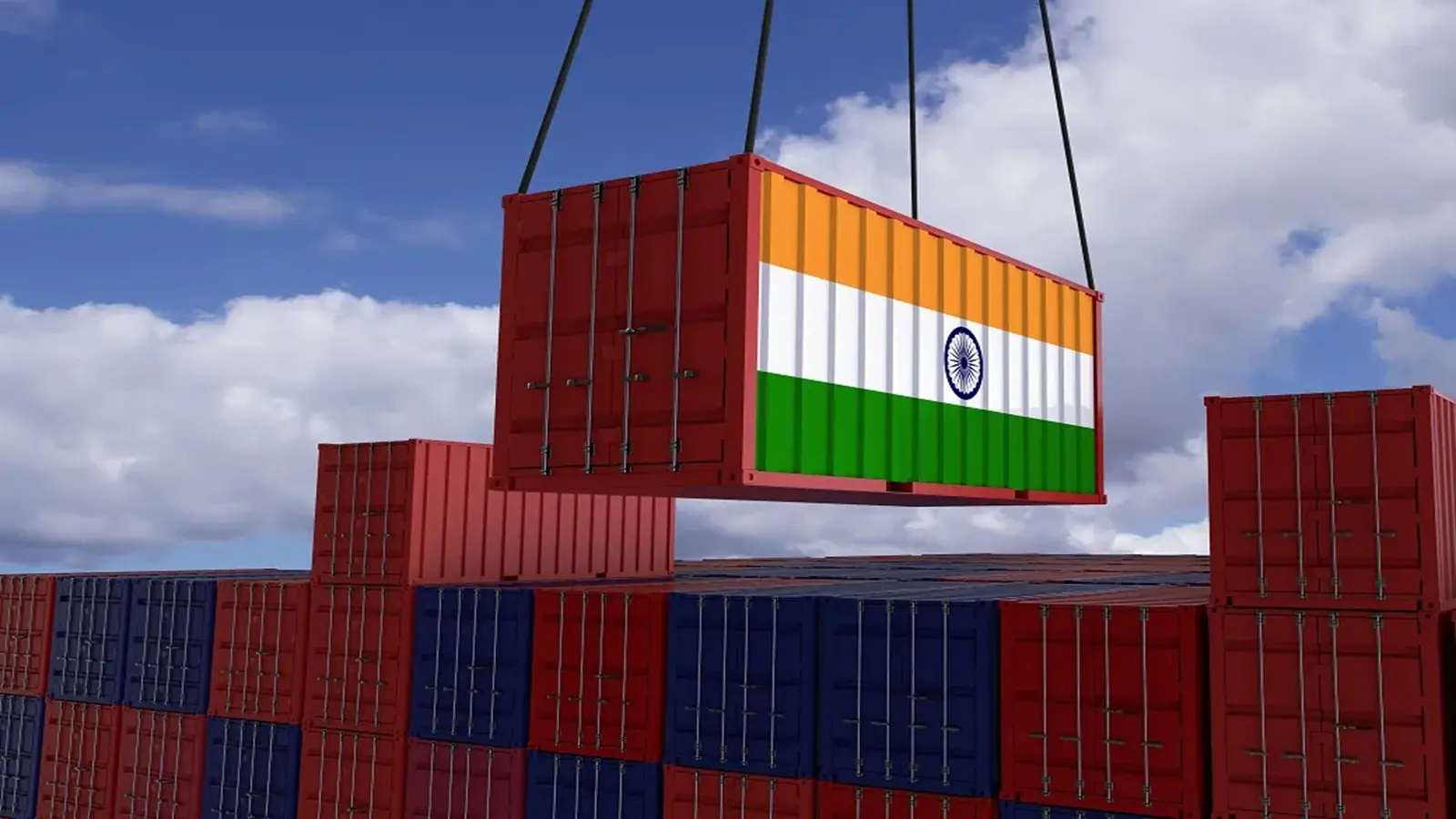

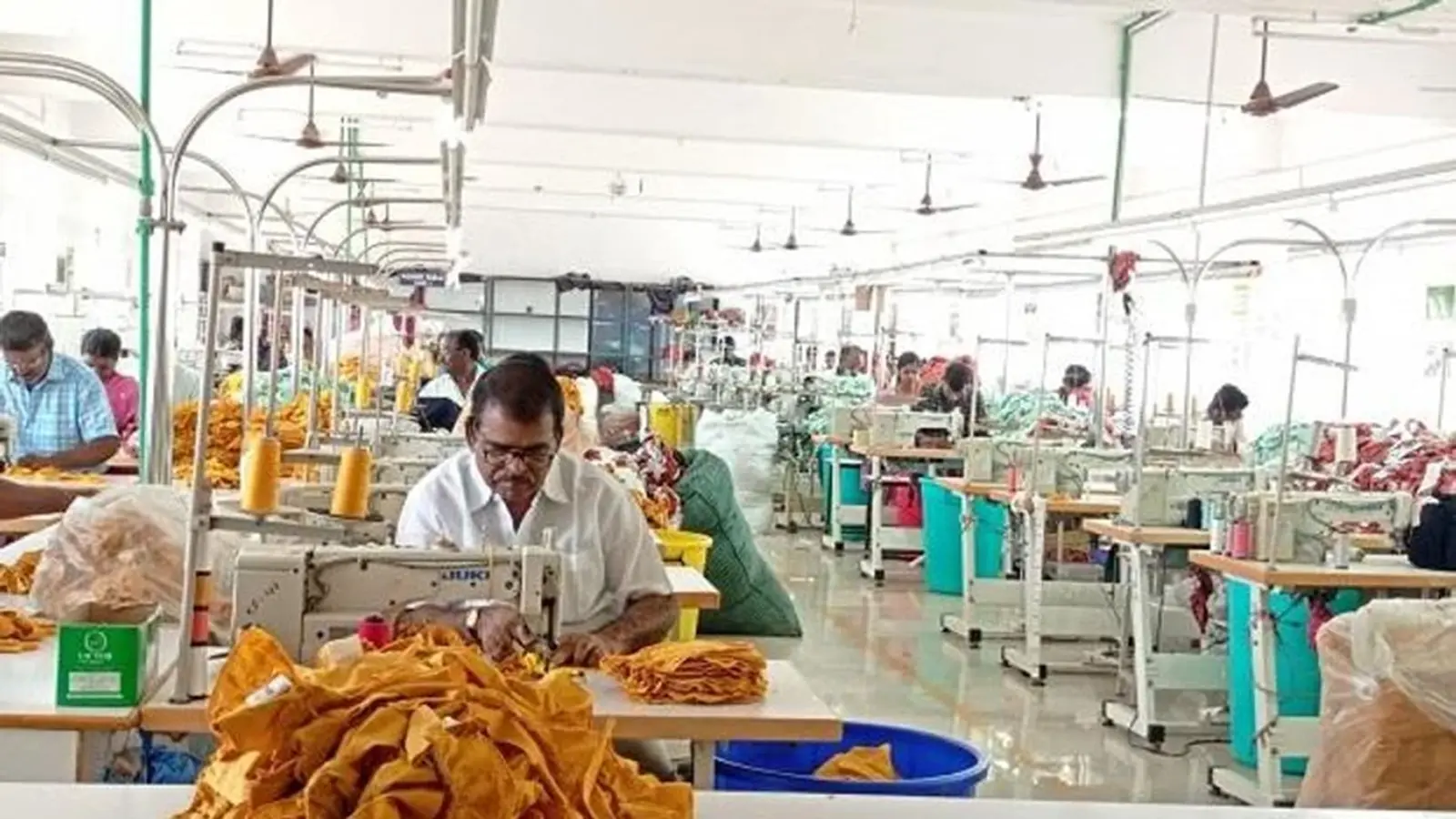
.webp)



1.webp)


1.webp)

1.webp)



































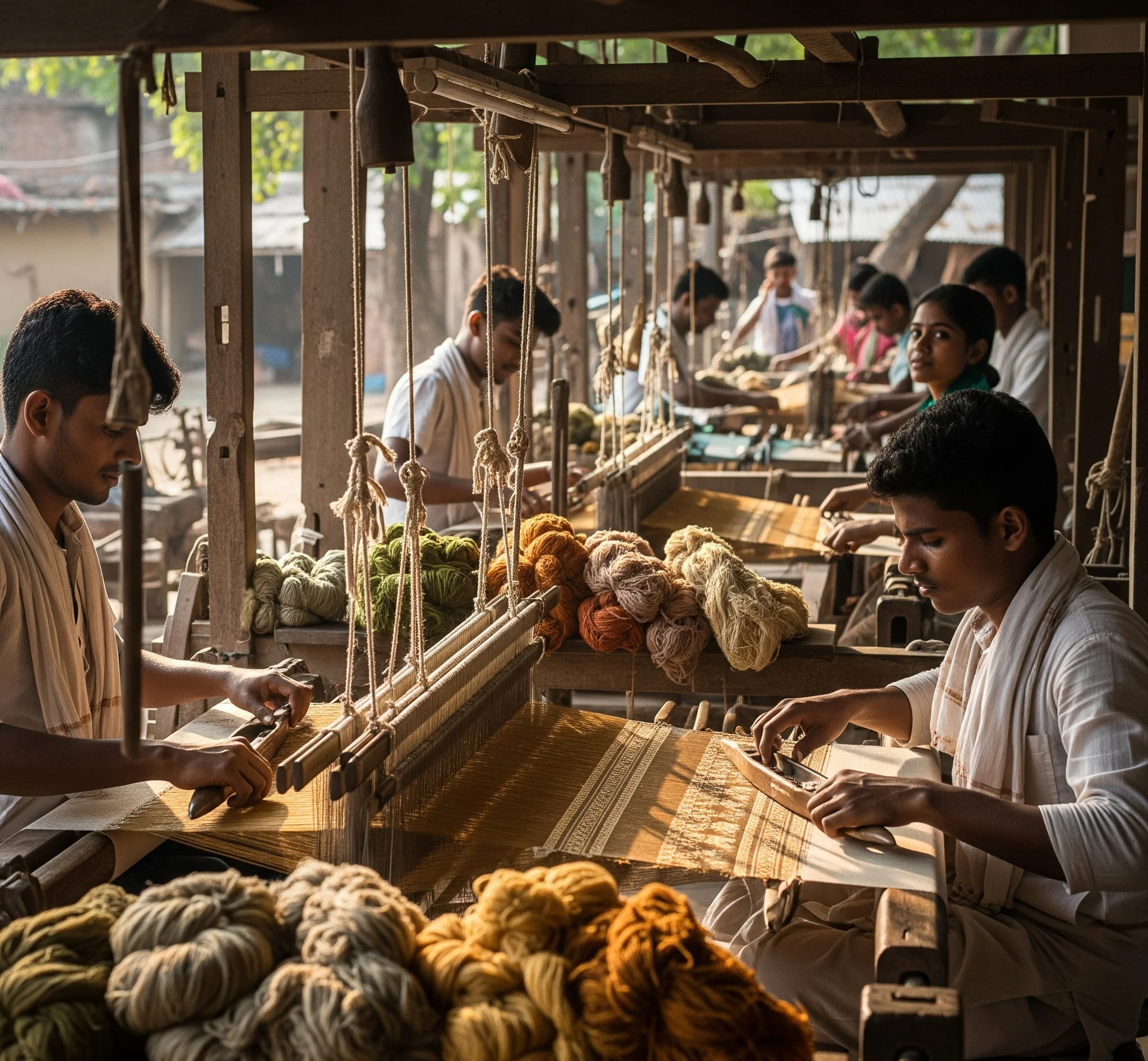





1.webp)



1.webp)
1.webp)


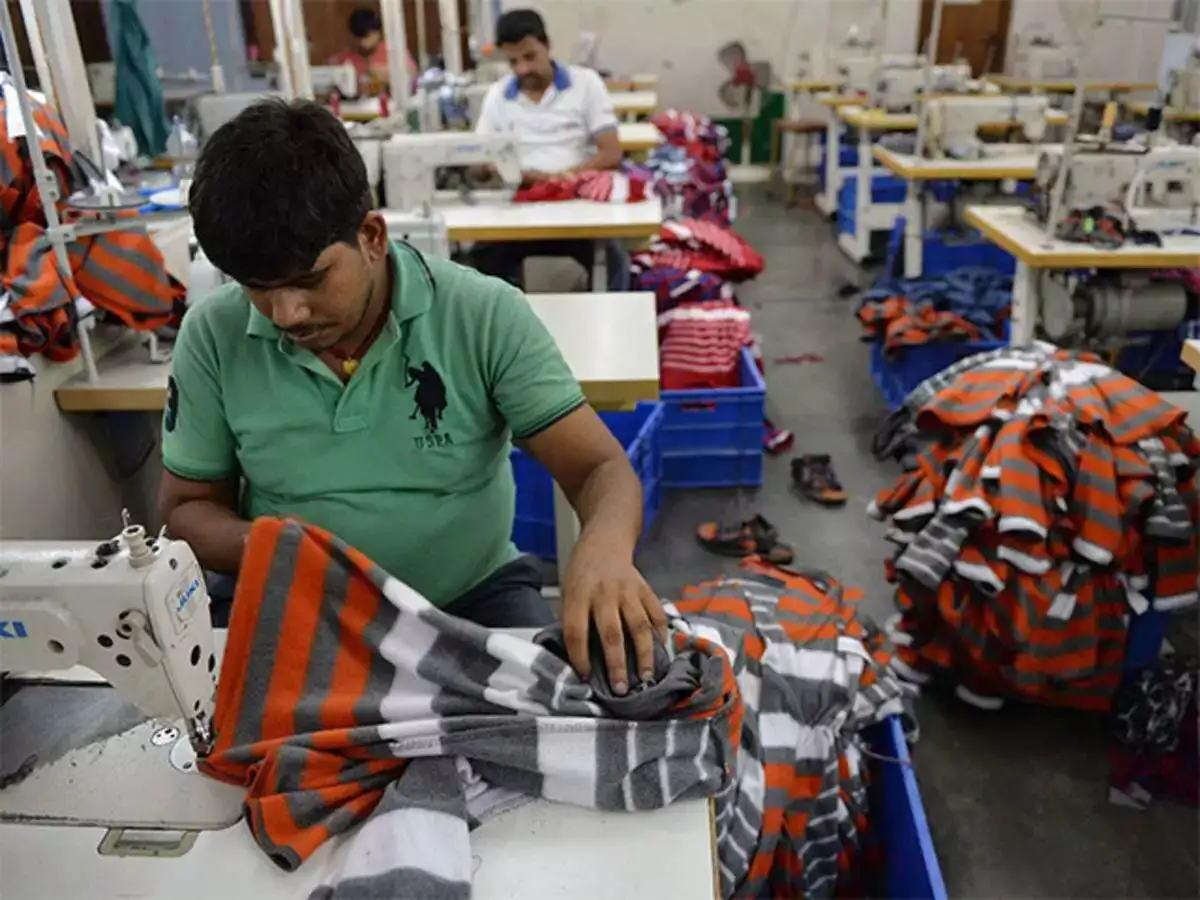


















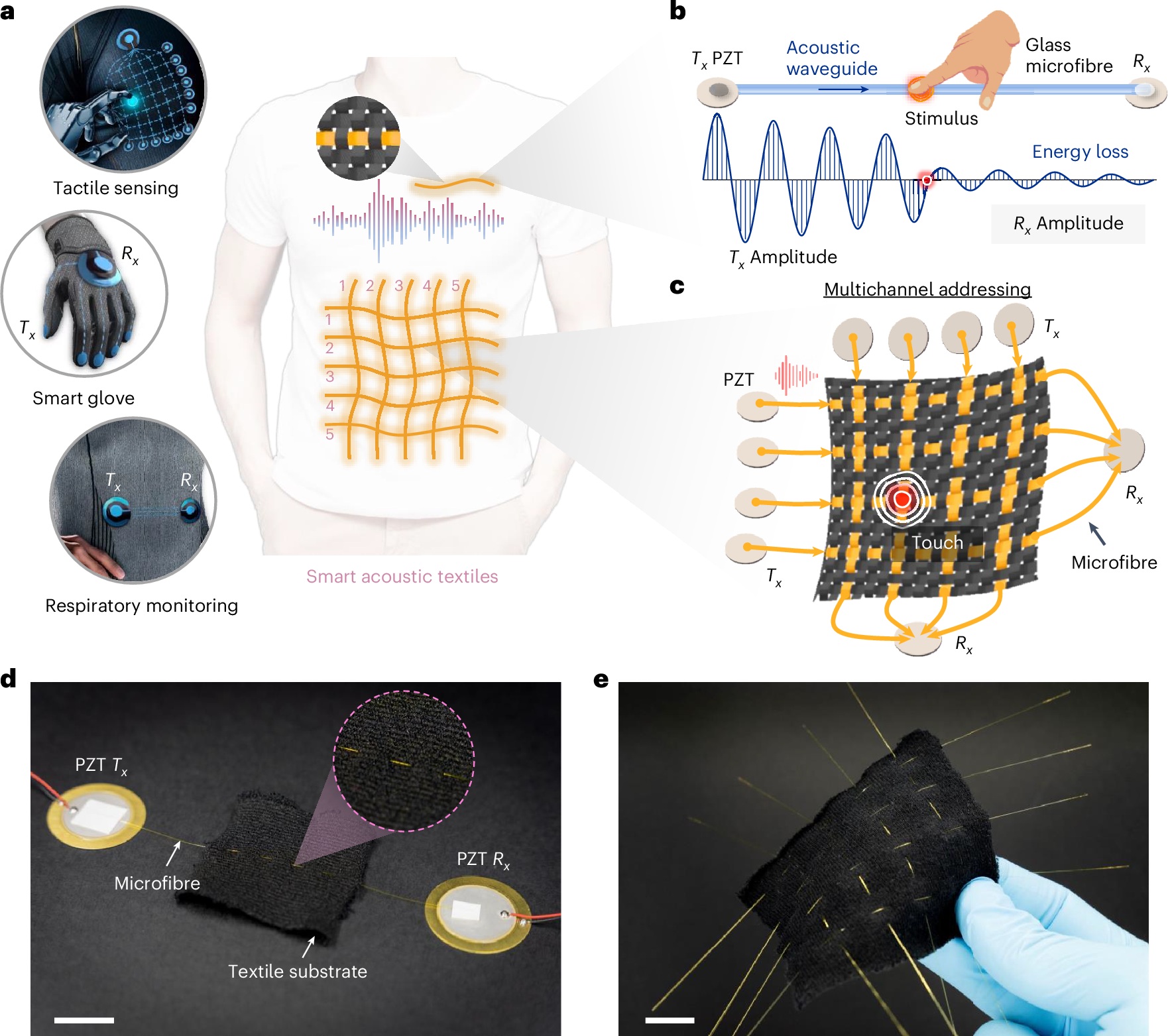
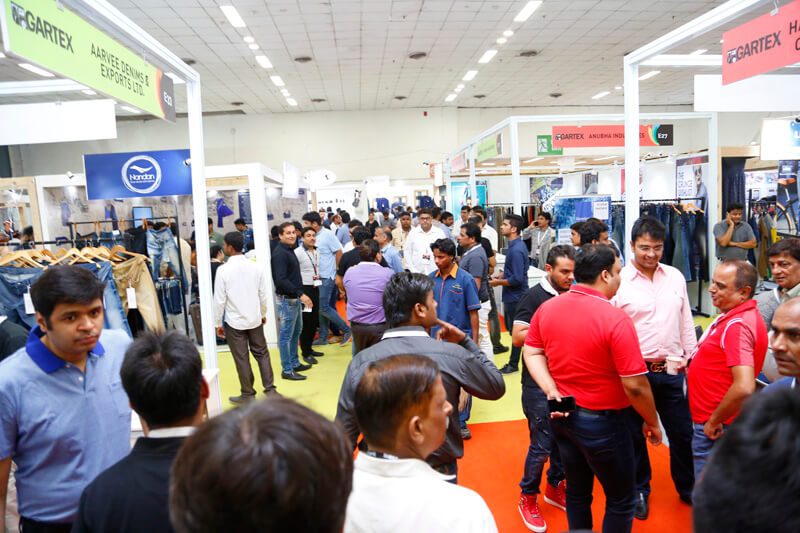
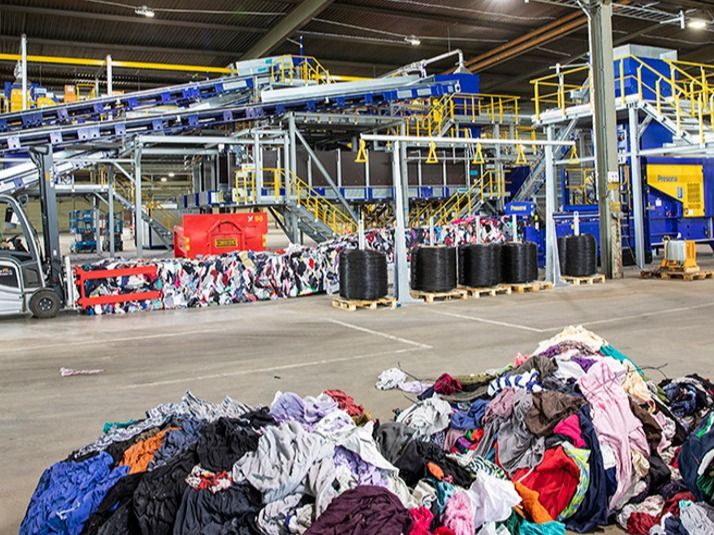



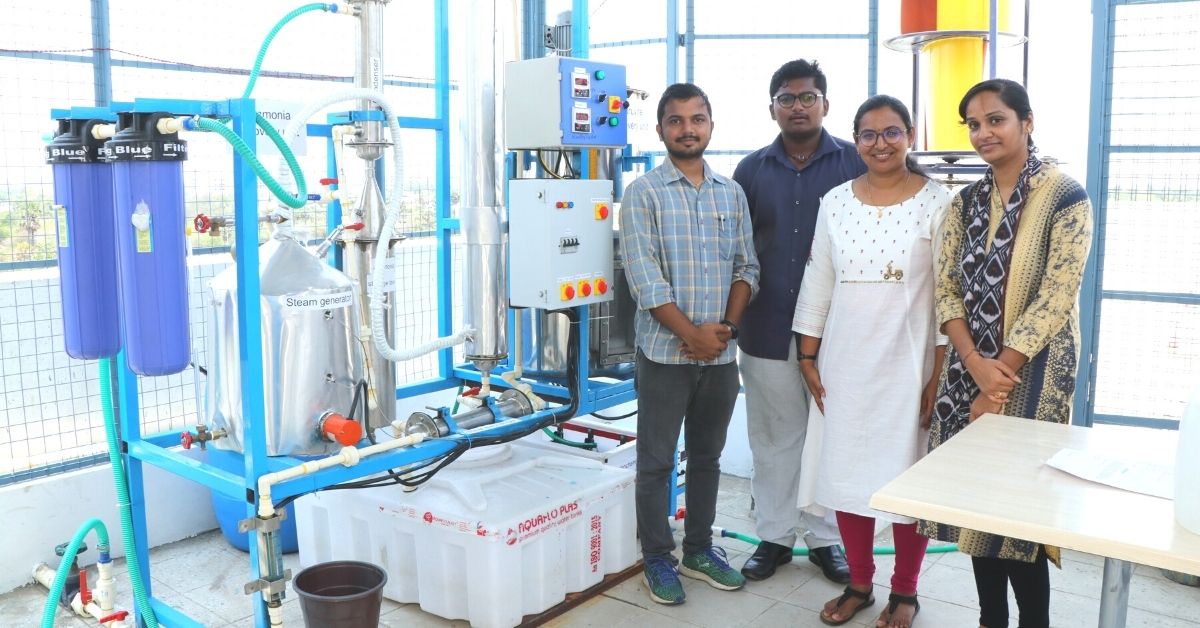














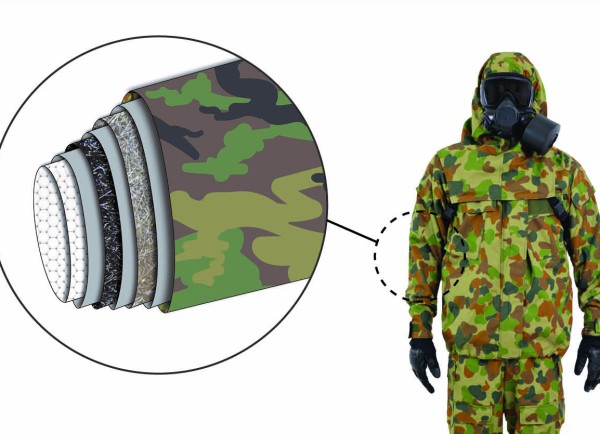



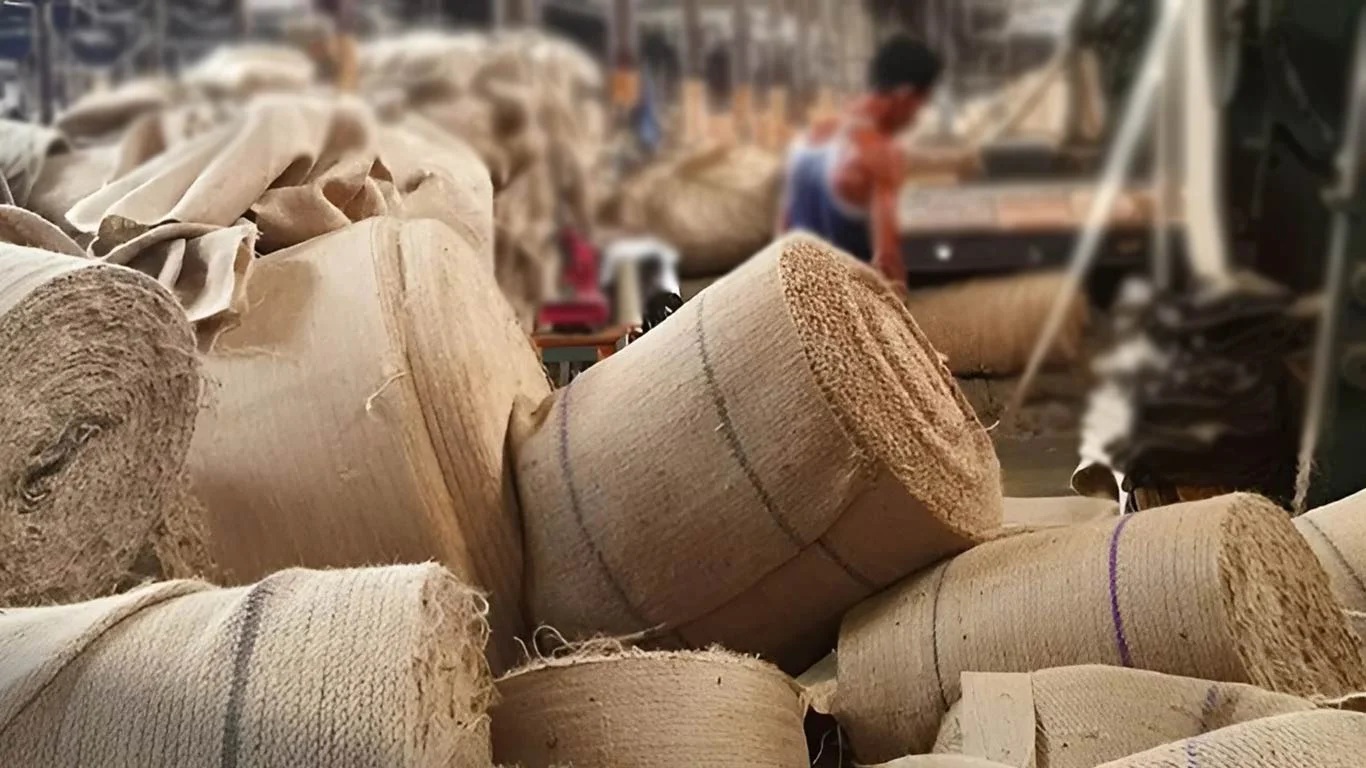


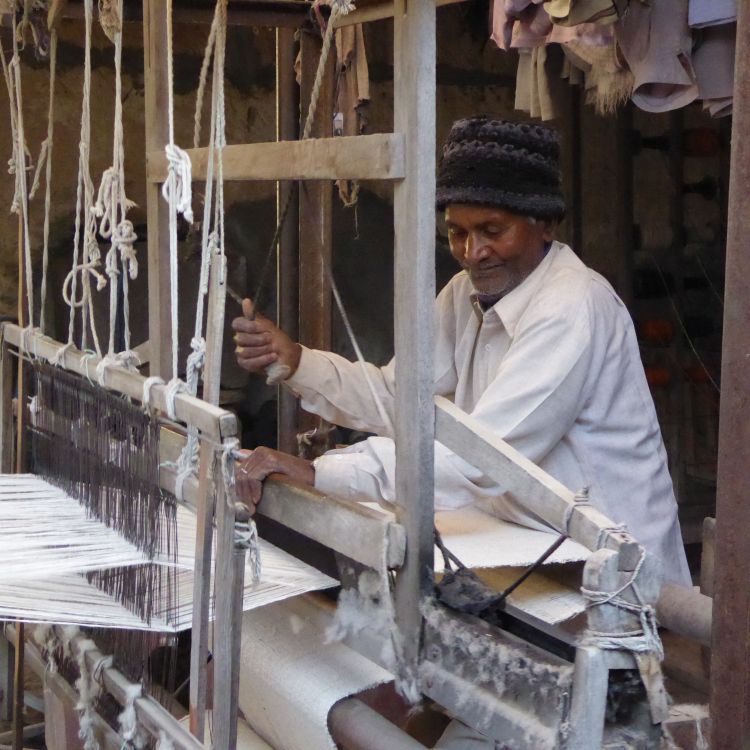

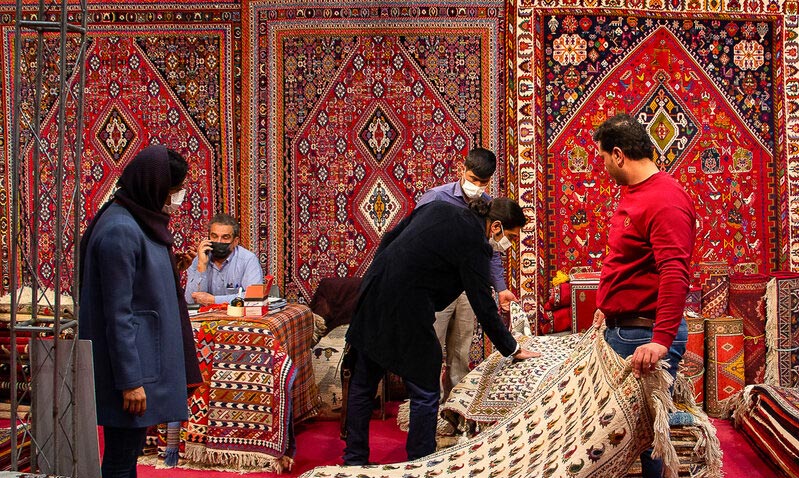














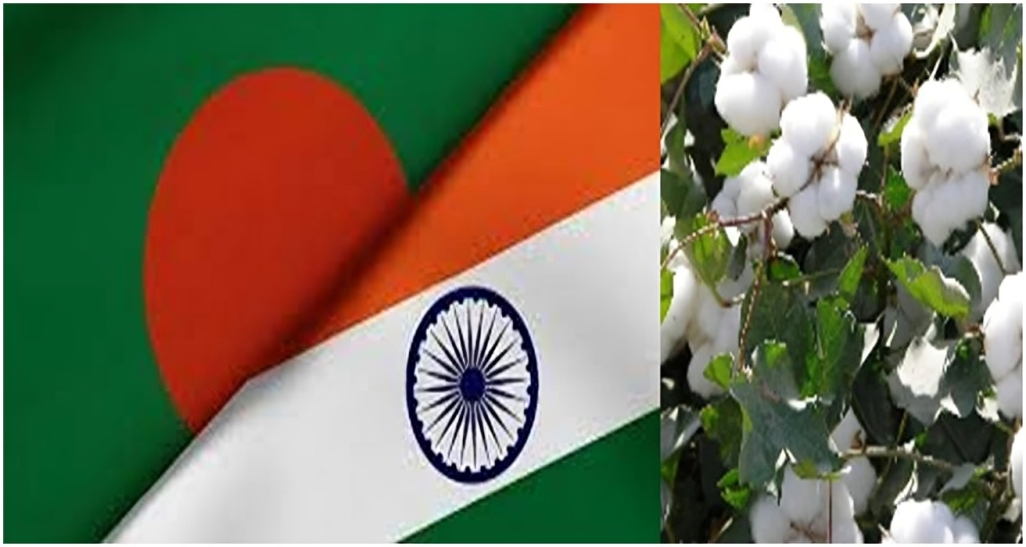
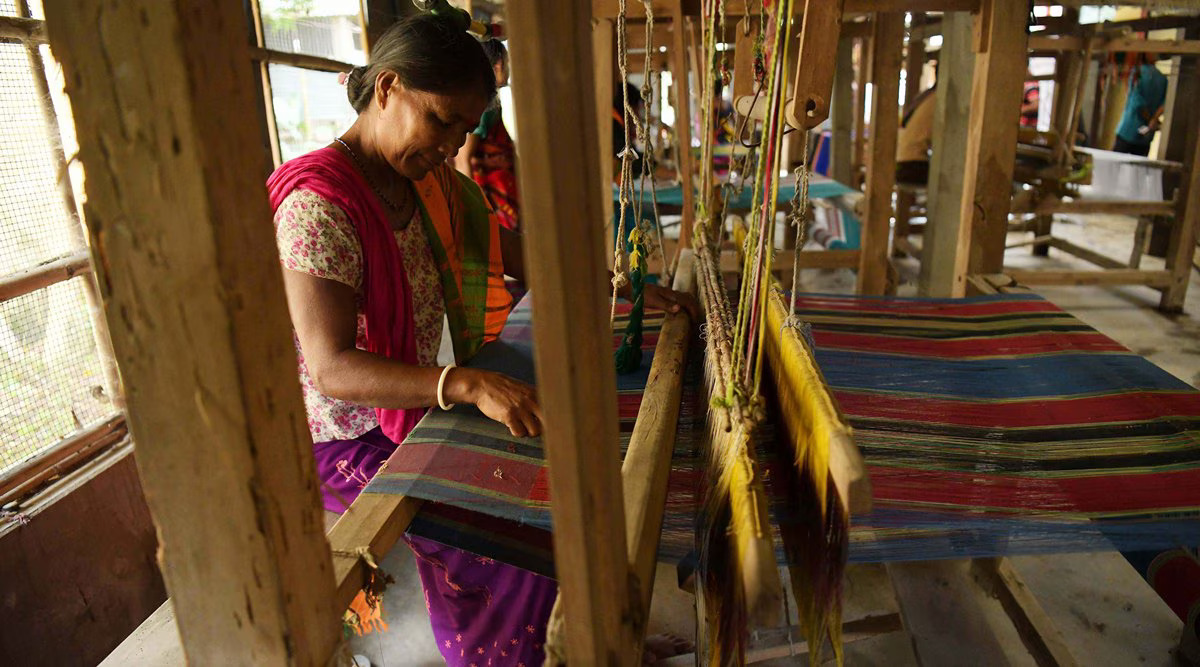



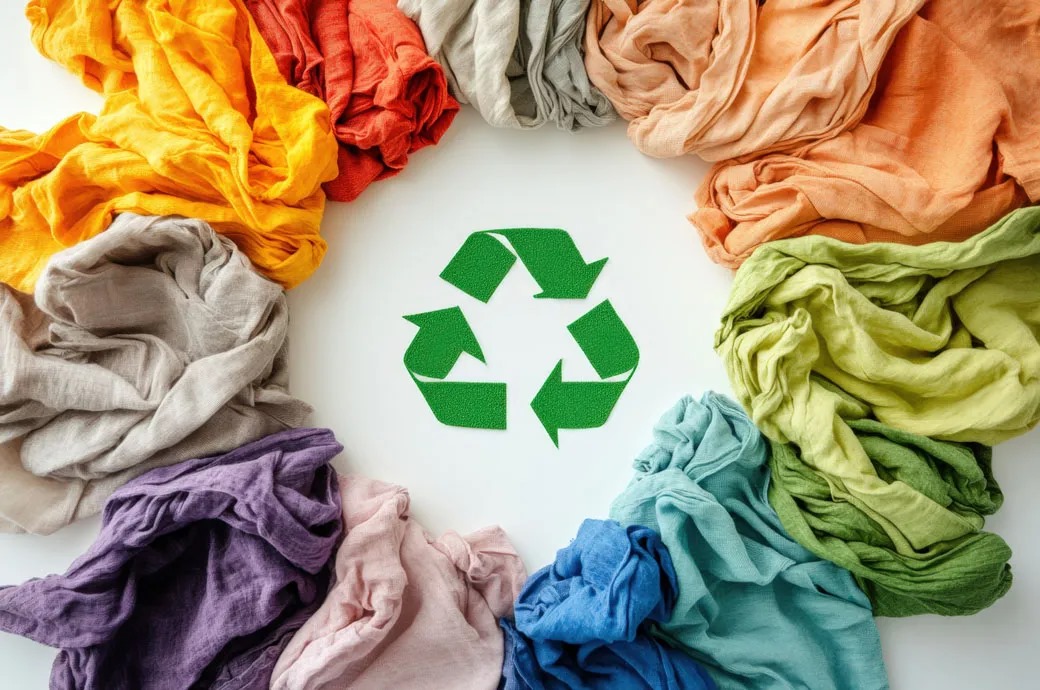















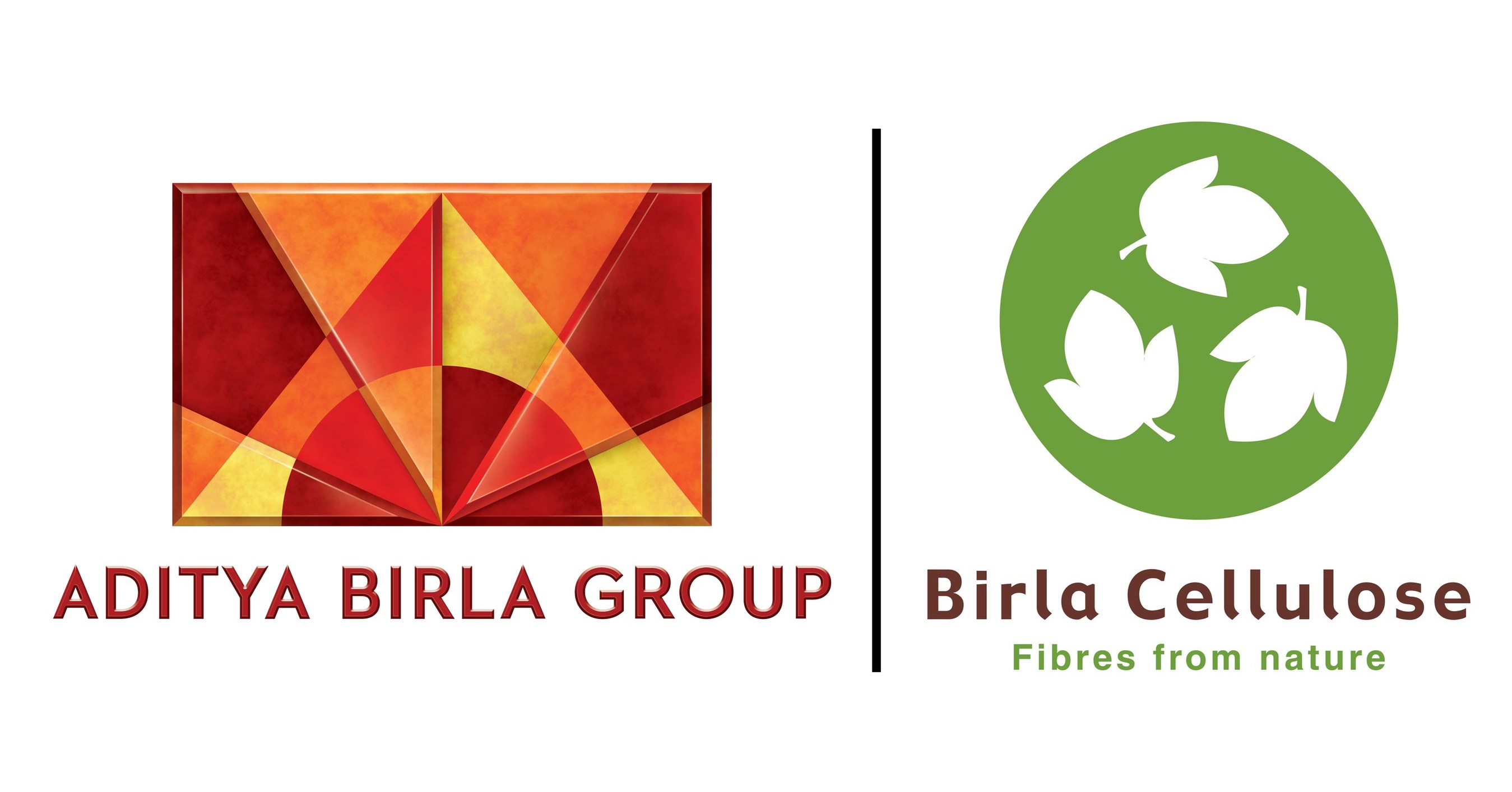






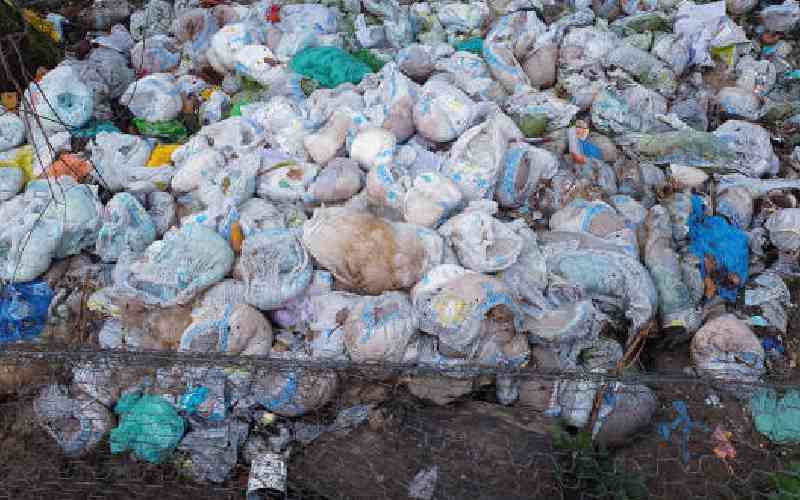











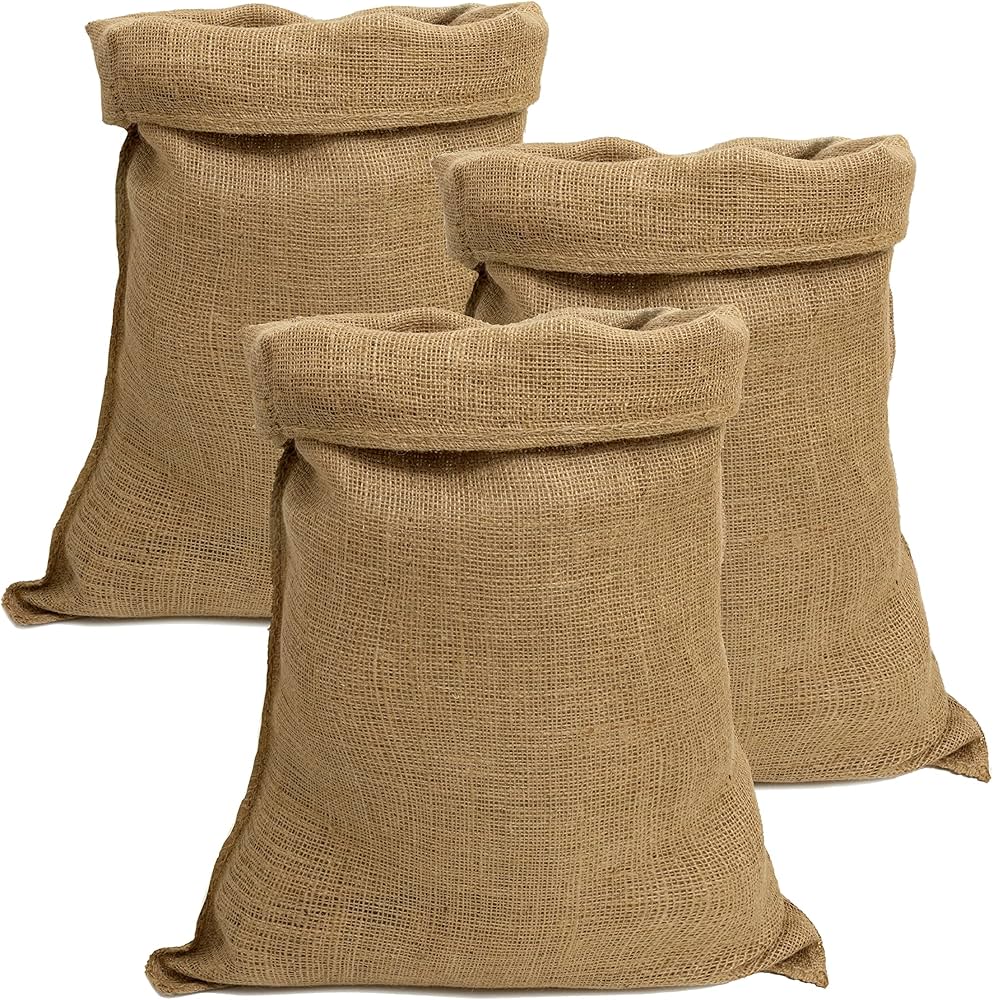
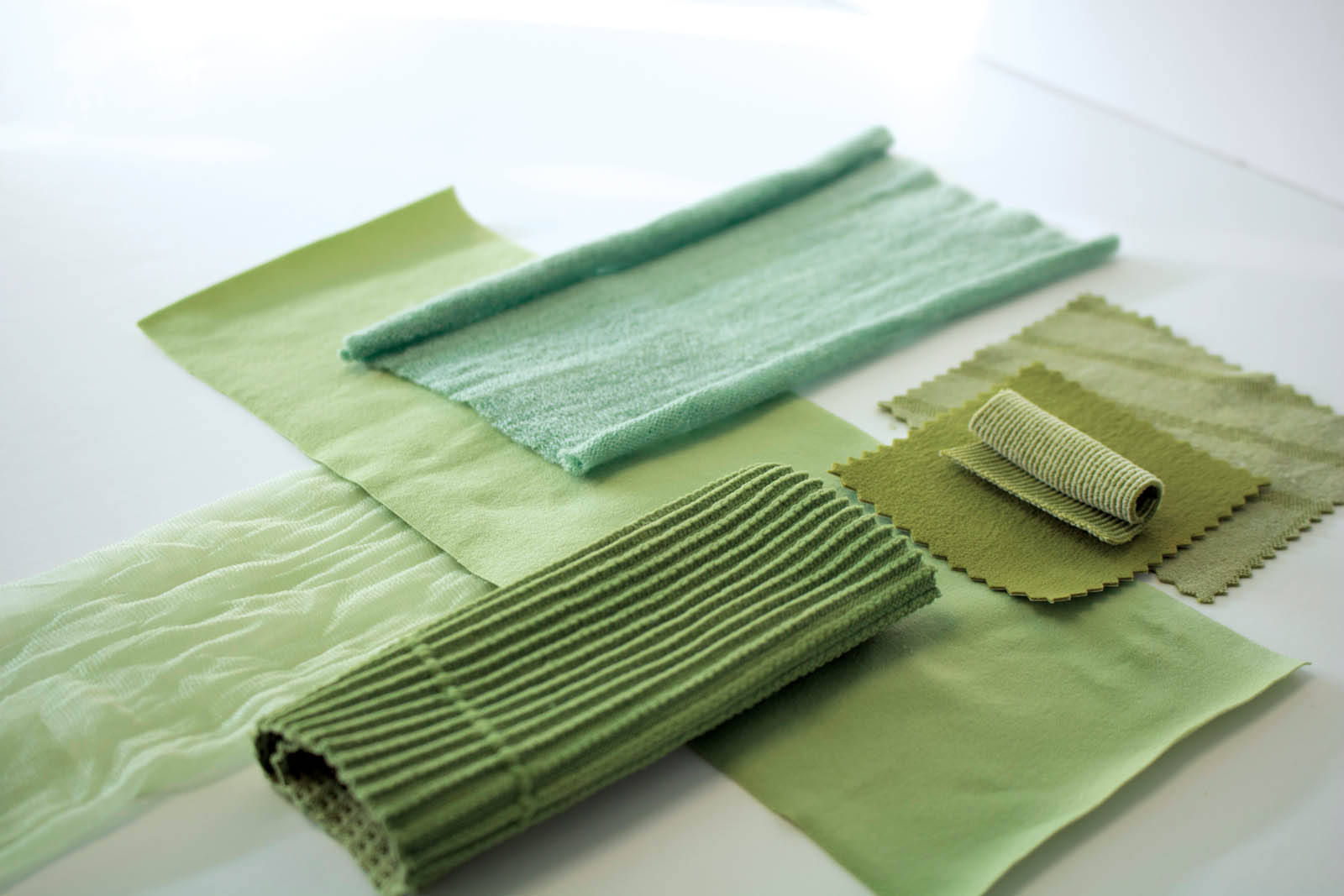









.png)




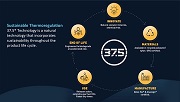






.jpg)
.jpg)
.jpg)











1.jpeg)